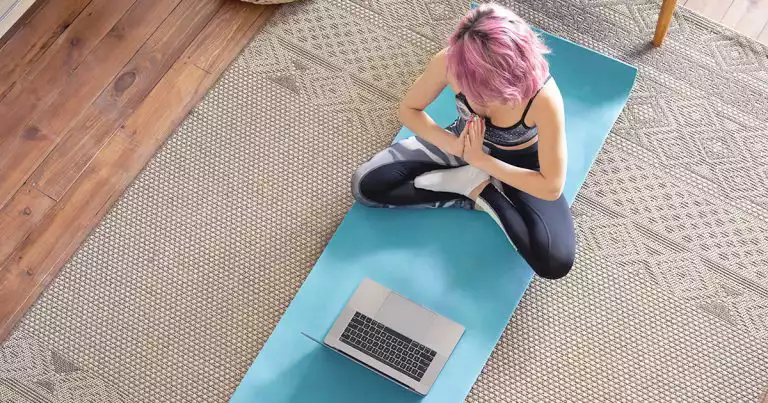Mental Health & Poor Indoor Air Quality – Tips To Stay Healthy
3 minute read
We know that the air we breathe has an impact on the health of our lungs, but what about its effect on other areas of mental health? A 2017 study from the University of Washington found an association between mental health & poor Indoor Air Quality. Researchers found this to be true across socioeconomic and demographic lines, which can vary greatly in cities where the air is most often polluted. (Here’s a list of the most polluted cities in the U.S.)
When you add in the stress of staying safe during the COVID-19 pandemic, (in which the common advice is to spend more time outdoors), it can be tough to feel at ease anywhere. And in areas with increasingly extreme wildfire seasons, the problem is compounded even more.
We know that poor air quality can lead to mental health issues, so what are some solutions that work towards better air quality and less stress?
How To Improve Air Quality Where You Live
Many cities in the western part of the United States are experiencing one of the worst wildfire seasons on record, with weeks of smoke-filled skies that can feel inescapable. And some factors indicate that the problem will only get worse in the years to come.
Poor air quality is also a common problem in places that experience smog, traffic fumes, and dust storms.
Whether you live in a house or apartment, here are some ways to improve the quality of the air inside despite what’s going on outside.
Keep The Windows Closed
This can be difficult to do as the temperatures go up, but keeping the windows closed is one of the best ones to avoid exposure to outdoor air. Most modern constructions are sealed well enough to let very little outdoor air inside, and even older builds will offer good protection.
Avoid Cooking And Cleaning
Try not to add more heat and particulates to the air in your space. Cooking and cleaning introduce humidity and VOCs, and when you can’t open the windows it can be difficult to ventilate properly during these activities. Go with takeout or delivery meals if those are options in your area, or try a recipe that doesn’t require an oven.
Use An Air Purifier
If you live in an area with recurring poor air quality, consider an AprilAire whole-home purifier that actively filters the air in your home throughout the year. For occasional poor air quality, you can try out an AprilAire portable air purifier that you can move to whatever area of your home you’re spending time in.
Reduce Mental Health & Poor Indoor Air Quality Issues
Poor air quality often makes it unsafe to leave your home. Add to that the continued threat of the COVID-19 pandemic, and staying inside day after day can be a stressful experience.
Here are some tips for relieving stress and anxiety and improving your mental health at home:
Accept that your environment is more stressful than usual and that it’s alright to not feel at your best or most productive.
Set boundaries between your work, play, and home activities. When all the areas are mixed into one, it can be difficult to ever truly “turn off” or concentrate on what’s in front of you.
If you’re in a stretch of poor air quality, take it easy until it’s safe to resume exercise and other outdoor activities. Here’s a chart showing the impact of exercising in wildfire smoke. Have a list of things you can do to pass the time safely indoors like reading, playing a game, or listening to music.
Create a routine that you can comfortably accomplish each day. This can involve wakeup time, meals, exercise (if it can be safely done), and reading or watching a favorite show.
Reach out to others for mutual support. It’s likely that your friends and family are feeling some of the same anxieties, and knowing that you’re not alone can help center your mindset.
